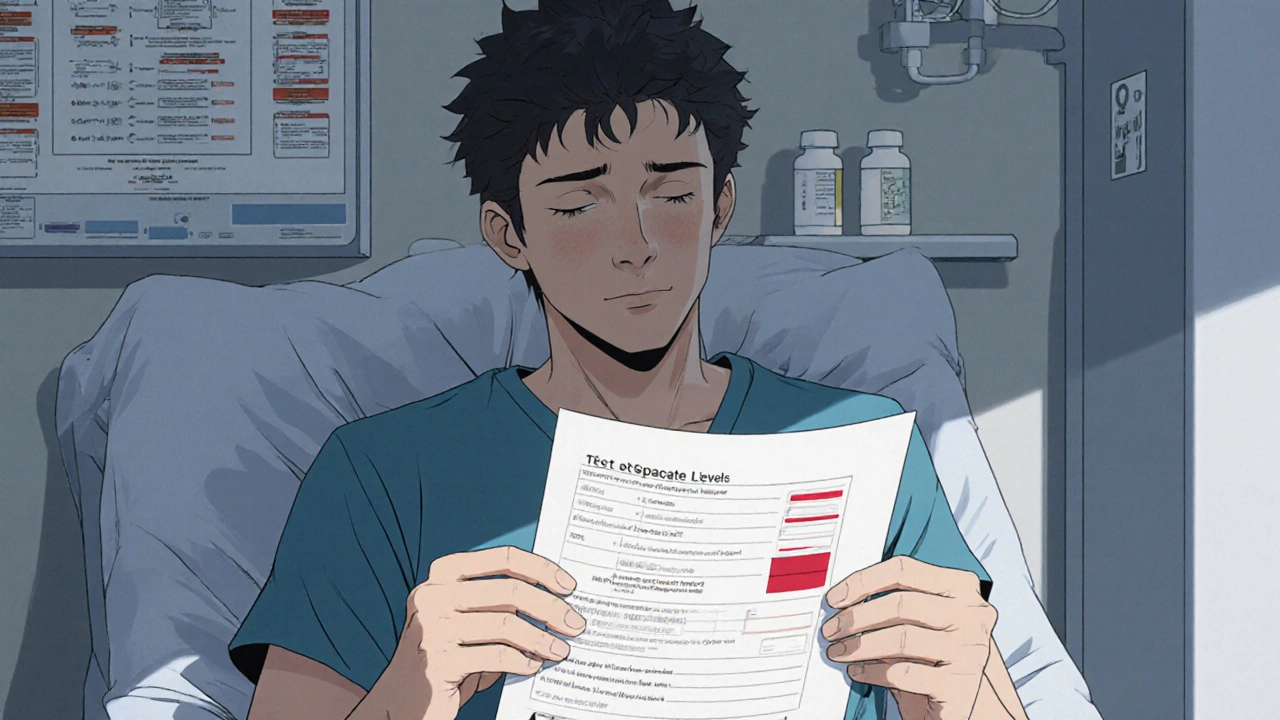Low Testosterone Symptoms: What to Watch For and What to Do
When your body isn’t making enough testosterone, the primary male sex hormone that drives muscle mass, energy, libido, and mood. Also known as low T, this isn’t just about sex drive—it affects how you feel every single day. Many men think fatigue or irritability is just part of aging, but those could be early red flags of something deeper.
Low testosterone doesn’t always mean you’re losing interest in sex. It often starts with subtle changes: you feel drained after work, struggle to build muscle even with training, or notice your motivation dropping. You might wake up less often with morning erections, or find your body fat creeping up even if your diet hasn’t changed. These aren’t just "getting older"—they’re biological signals. Studies show that testosterone levels drop about 1% per year after 30, but some men drop faster due to stress, obesity, sleep issues, or chronic illness. If you’re under 40 and suddenly feel like you’ve lost your edge, it’s worth checking.
What’s often missed is how mental health, including depression, anxiety, and brain fog ties into hormone balance. Low T doesn’t cause depression directly, but it can make it harder to bounce back from stress. And when your energy crashes, you stop moving, which makes your mood worse—it’s a cycle. Meanwhile, body composition, specifically increased belly fat and reduced muscle mass is one of the clearest physical indicators. Men with low testosterone often carry weight differently, even if their scale number hasn’t changed much.
You don’t need a lab test to suspect low T—you just need to pay attention. Track your sleep, energy, mood, and physical changes over a few weeks. If you notice three or more of these symptoms together, it’s time to talk to a doctor. Don’t wait until it’s severe. The good news? Most cases are fixable with lifestyle tweaks, targeted supplements, or simple medical support. Below, you’ll find real, practical guides that break down what to look for, how to test properly, and what treatments actually work—without the hype or guesswork.
Opioids and Low Testosterone: Symptoms and How to Treat It
Long-term opioid use can cause low testosterone, leading to fatigue, low libido, and muscle loss. Learn the symptoms, how it’s diagnosed, and effective treatment options-including testosterone therapy and lifestyle changes.
© 2026. All rights reserved.

